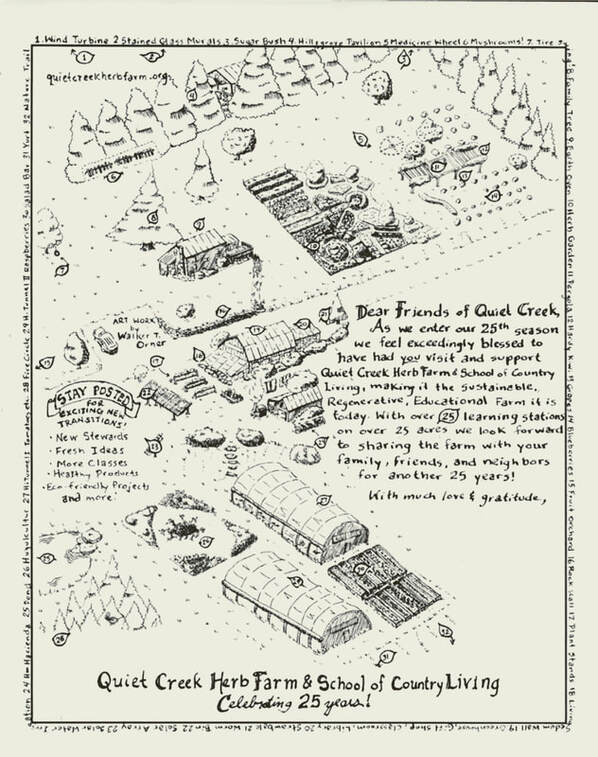The poultry options are not paltry. Exotic chickens offer colorful eggs, but chickens will scratch up his garden beds and peck his fruit. Guinea fowl don’t carry these negative traits, but they are territorial and do have loud vocal tendencies. Ducks will eat slugs and lay eggs, but beware of their numerous, slippery deposits. Indian Runner ducks may be worth the effort since their upright waddle will provide many laughs.
The age old adage “which came first the –the chicken or the egg” problem will not be a problem. There will be fowl and then eggs. Milk, however, is an argumentative issue. Rusty, a recovering dairy farmer, states if you want a milk animal, you’ll be married to it seven days a week, twice a day. Rusty is an advocate of local, raw milk, but not owning a cow.
Jeremy has learned how to make cheese and yogurt here in Pennsylvania and is dependent on the rich supply of quality vitamins and protein. He attempted to track down a “cow share” since selling raw milk is illegal in Michigan, but the closest one was a hundred mile bike ride, round trip.
Goat milk is looking promising, although a determined goat can jump a six foot fence and create a nuisance by eating the garden, shrubbery, and miscellaneous household items.
Sheep milk is apparently good for making cheese and water buffalo makes the best mozzarella. These animals are somewhat uncommon in Detroit as well as Quiet Creek.
For a meat source, the afore-mentioned fauna will satisfy, but maybe a pen of rabbits sounds appealing. In addition, they will provide manure for feeding red wigglers who will offer worm compost for growing vegetables.
That brings the discussion back to Quiet Creek’s one and only recommended animal – the worm... not great for meat and/or milk, but super powerful for any herbivore in the city or the country. We wish Jeremy the very best in all he and his five thousand worms do to promote urban gardening for the disadvantaged.
 RSS Feed
RSS Feed
